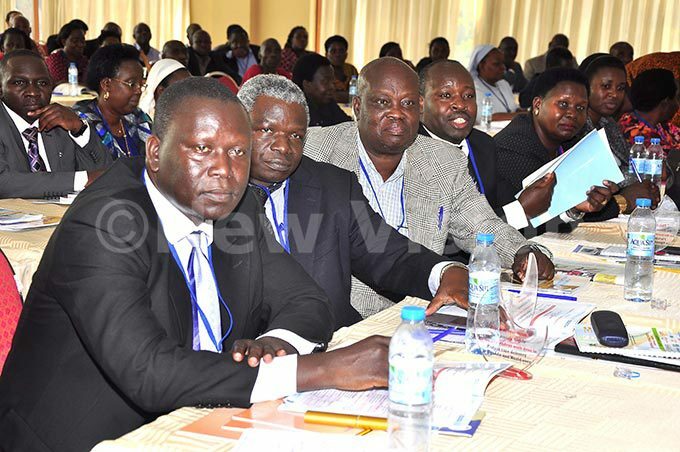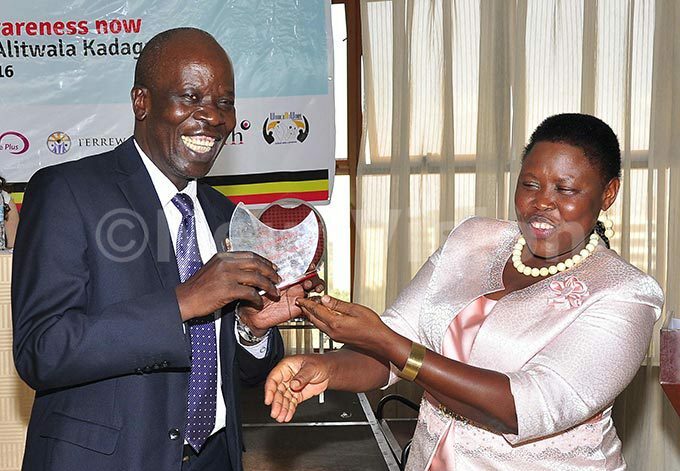Health ministry to prioritize research for service delivery
This was revealed by Dr Joyce Mariku Kaducu the state minister for primary health care during the official launching of the first national obstetric fistula scientific conference at Imperial Royale Hotel in Kampala.
The ministry of health is to put more emphasis on research to get current data, which is vital in improving service delivery.
This was revealed by Dr Joyce Mariku Kaducu the state minister for primary health care during the official launching of the first national obstetric fistula scientific conference at Imperial Royale Hotel in Kampala.
The two-day conference brings together all stakeholders, donors, Ministry of Health officials and all agencies working towards fighting fistula in Uganda under the theme End Fistula Within A Generation, Create Awareness Now.
Kaducu emphasised that to Ministry of Health, research is one of the top priorities to improve health care, noting that without research it is difficult to formulate policies and to improve health care services.
 (L-R) Doctor Tom Otim, Doctor Fred Kirya, Doctor Odong Emintone and doctor Baragaine Justus received recognition awards for fighting fistula in their regions. This was during the 1st National Obstetric Fistula Scientific conference at Imperial Royal Hotel Kampala on 30/8/16. PHOTO BY JULIET KASIRYE
(L-R) Doctor Tom Otim, Doctor Fred Kirya, Doctor Odong Emintone and doctor Baragaine Justus received recognition awards for fighting fistula in their regions. This was during the 1st National Obstetric Fistula Scientific conference at Imperial Royal Hotel Kampala on 30/8/16. PHOTO BY JULIET KASIRYE
"We have been relying on old data, which has made it difficult to know exactly what to prioritise. So we are to dedicate resources for research such that we get accurate data that will help us improve," she noted.
About the theme, the minister emphasised the need for male evolvement during antenatal, delivery and even after, which is the only to help some incidences that can happen to women such as fistula.
"It is a collective responsibility from the time when the woman gets pregnant up to the time of delivery and thereafter. However, teenage pregnancy is not acceptable. All Ugandans should come up and advocate for ending teenage pregnancy in Uganda because this is the leading cause of fistula. These young girls are not able to give birth because they are not physically mature and that is why they end up falling victim of fistula," she noted.

What is obstetric fistula?
An obstetric fistula is a hole between the vagina and rectum or bladder that is caused by prolonged obstructed labour, leading to the uncontrolled leaking of urine or faeces or both.
It is estimated that 2-3million women globally and majority in sub-Saharan Africa and Asia, suffer from obstetric fistula with an annual incidences of 50000 -100, 000 women. In Uganda like other low income countries, it is estimated that fistula prevalence stands at 2% among females aged 15-49years.
Dr Eric Akinyele, the UNFPA representative, highlighted the main causes of fistula as prolonged and neglected obstructed labour in more than 90% of the cases.
"The risk factors for fistula vary from one context to another. The consequences of fistula go beyond the individual woman and affects relatives, spouses, and community. With global end fistula campaign on course, there is need for quality and evidence- based fistula prevention, treatment and social reintegration," Akinyele noted.